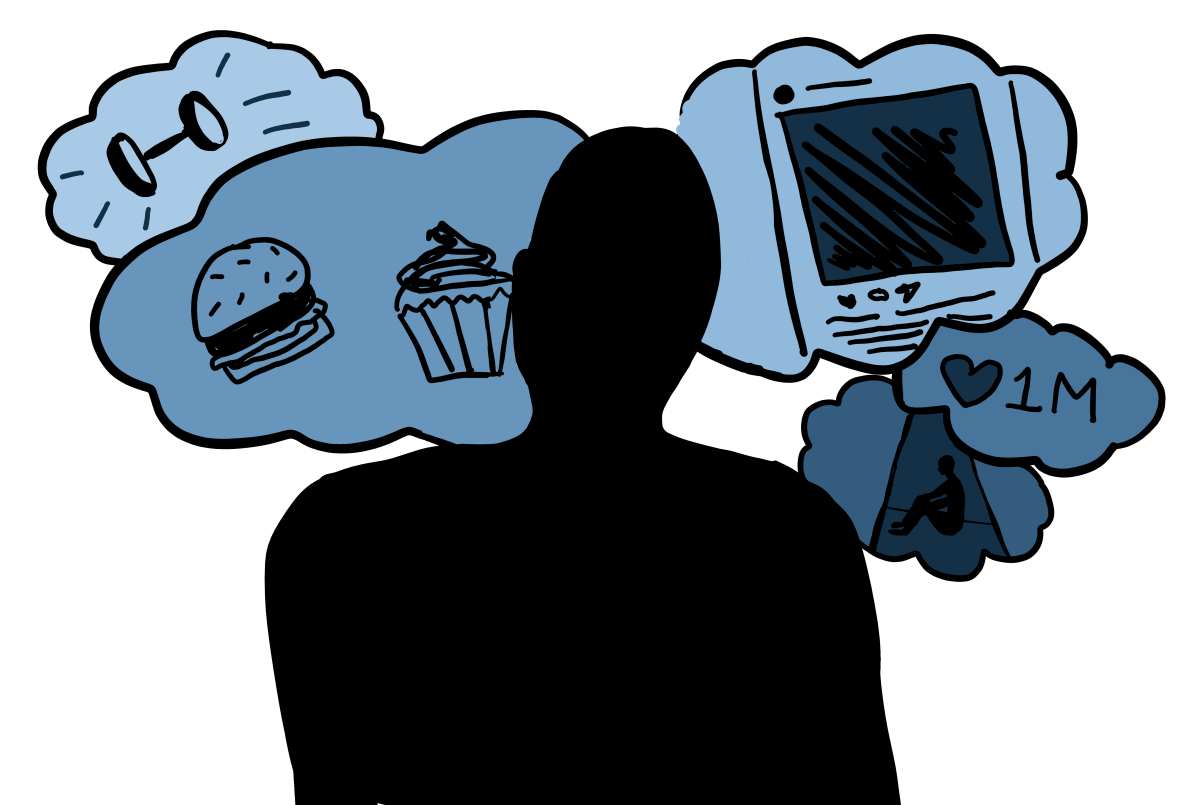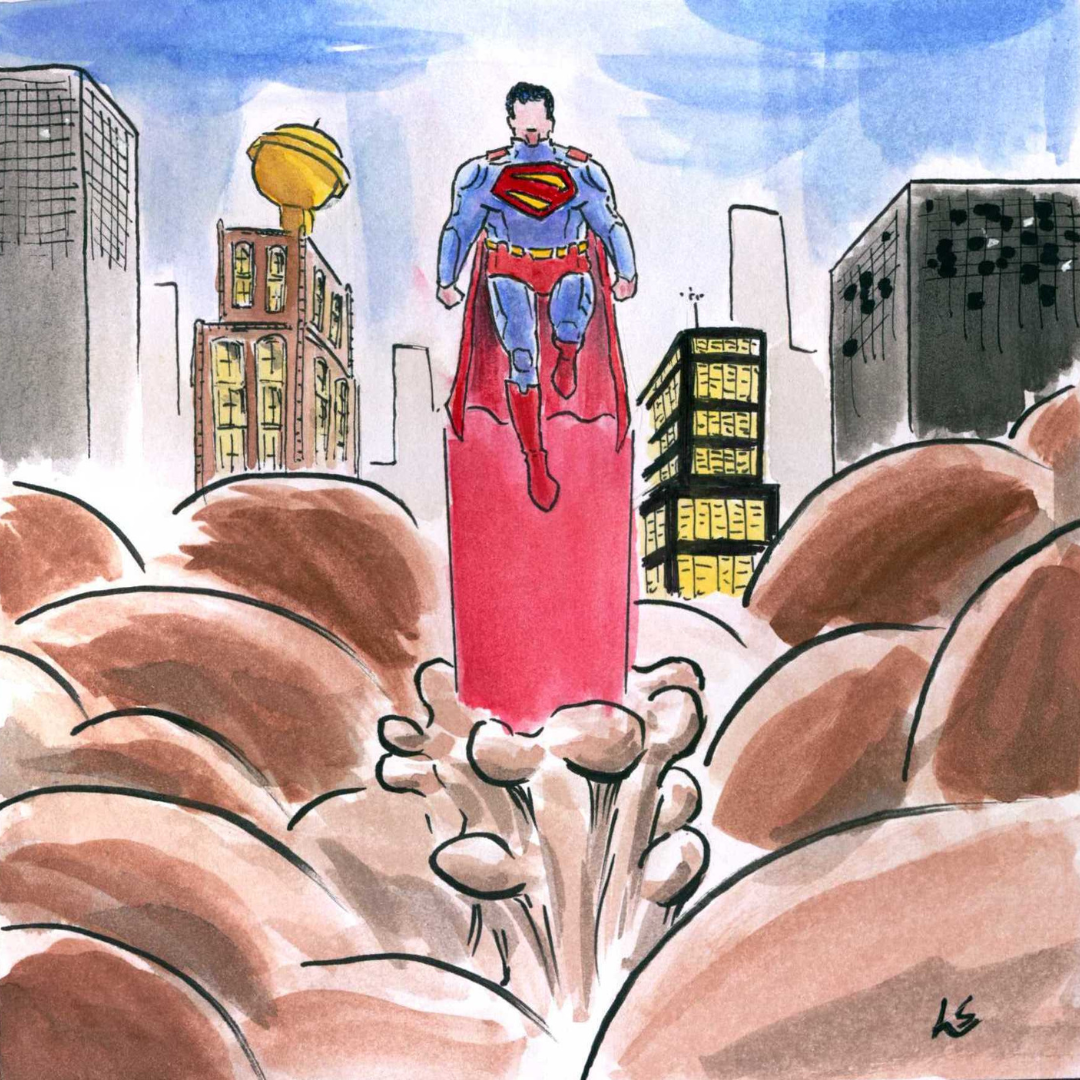Mental Health experts report a rise in eating disorders due to the coronavirus pandemic.
The National Eating Disorder Association (NEDA) reported a 70-80% increase in the number of calls and digital chats to their hotline service in recent months.
Greg Nicholls, Ph.D., director of Counseling and Psychological Services (CAPS), said CAPS also expects an increase in the number of students seeking counseling for eating disorders and other mental health concerns related to the pandemic, but it is too early to tell how social distancing at school will impact students’ mental health.
“When we compare the first two or three weeks this year compared to previous years, pre-COVID-19, the numbers are similar,” Nicholls said. “We will have to see how it goes because this period of isolation is going to continue to take a toll, especially for students in quarantine.”
Kristin Szostak, M.A., the site director of the Renfrew Center of Philadelphia- Center City, a treatment center for girls and women diagnosed with eating disorders, said eating disorders can develop from feelings of discomfort stemming from the uncontrollable parts of a person’s life.
“An eating disorder is an emotional disorder in which people often feel out of control due to other circumstances in their life, and they try to regain control of their body or find comfort with food,” Szostak said.
Alexander Skolnick, Ph.D., assistant professor of psychology, said trauma can be a precursor to eating disorders and the pandemic has accentuated traumatic experiences.
“We are traumatized by what is happening around us, especially if you have lost a family member, or you lost your job,” Skolnick said. “The pandemic could be traumatizing for certain people, and then that could also be a trigger.”
The additional environmental stressors and traumas experienced by people of color, specifically women of color, make them more vulnerable to developing an eating disorder, according to data from NEDA.
Despite the increased vulnerability, stereotypes surrounding eating disorders prevent communities of color from receiving proper care and treatment, according to Nancy Linden, marketing manager for The Emily Program, a national treatment center for eating disorders.
“There is an untrue stereotype that only young, thin, white women experience eating disorders, when in reality, [eating disorders] cut across all ages, races and backgrounds,” Linden said. “There is a screening bias that a lot of healthcare providers do not even screen people who are not within that stereotype.”
Szostak said quarantine restrictions limited people’s ability to socialize with others.
“Eating disorders thrive in isolation, and with COVID-19 forcing quarantine, it put everyone in involuntary isolation,” Szostak said. “This limited people’s access to their support systems, whether it be support meetings they were going to, or just spending time with friends and family.”
In order to cope with increased stress that worsens symptoms, Szostak recommends college students create routines for themselves and try to find a sense of community while following social distancing guidelines.
“It’s important to have structure, but don’t be so rigid with your schedule,” Szostak said. “Also, socialize with others. Social distancing doesn’t mean social isolation. With all the new technology, there are lots of creative ways to socialize.”
At St. Joe’s, CAPS provides telehealth counseling sessions through a secure version of Zoom, and recently released MindWise, an anonymous mental health screening questionnaire on their website.
“A student can anonymously access these questions, and get feedback and resources based on how they respond to questions about symptoms,” Nicholls said. “They could be recommended to seek professional help because of how they responded.”
If you or someone you know is struggling with an eating disorder, you can call the National Eating Disorders Association (NEDA) Helpline at 1-800-931-2237. To schedule an appointment with Counseling and Psychological Services (CAPS) at St. Joe’s, call 610-660-1090.



















































